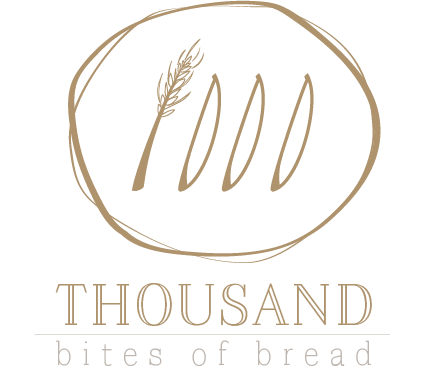I handed him a loaf of bread and he made a joke about orgasm. That’s because to him, bread is pleasure…and shame. For the past year, he’s been Paleo. He dropped fifty pounds and started lifting weights. He feels better than he’s ever felt.
Wheat had become the enemy, and he was hitting the streets to preach the word. He’s now a man married devoutly to protein, he assured me. He would only sneak bread on the side. Later that day, he sent me a private picture of himself stuffing a piece of toast into his mouth with a sly smile.
I thought of Demeter and her hold on human consciousness for a sweeping reign of time. Remember her? She was that female figure who was the boss of grain & harvest. Not only that, but she presided over life and death itself, and even got into some pretty racy shamanic-type drug-related stuff with the Eleusinian Mysteries. Demeter was a fierce mama badass and if you mentioned the words “gluten free” in her presence, she’d side swipe you with a trip to the underworld. Okay, really she was high on poppies and searching for her daughter, but still…
Seriously, people. I completely respect my friend’s diet choices. I do. It’s hard to figure out what to eat in our minefield of a culinary landscape. It’s just that I’ve found myself in many of these conversations over the years, and the science just never really seems to add up. How could a food that sustained civilizations for millennia be inherently bad for us?
The clue to the answer, my friends, is in the word ‘civilization’. On every level, bread is culture, and culture only happened when we began gathering into larger collectives of humans who had a penchant for organizing. Humans have been eating grain for 100,000 years; recent research shows that we’ve been making bread with stone ground flour for the past 30,000. We’ve been in the bread game a long time.
Have you ever tried eating a handful of grass seeds, as is? Um…yeah…not so tasty. But somewhere along the way, we figured out that if we pooled our resources and talents, we could grow grass seeds, harvest them, store them, crush them, and manipulate them into something profoundly more tasty, satisfying, and nourishing. All this, and we could pack it up in our satchels and take it with us. It might dry out, but it would last.
My favorite thing about bread is how we aren’t really doing it alone. We’re intricately linked to plant and soil life, the seasons and landscapes that surround us, as well as the unseen microbial world. These perfectly colonized little beings (yeast and bacteria) are helping us do the heft of the work.
We have modernity to thank for so many things about our lives, but bread isn’t one of them. Modern bread suffers from its own capitulation to the norms of hurriedness and cutting corners. If you want bread to be good food, you can’t rush it into being something it is not. Bread is slow transformation of the simple to the wonderfully complex. It is alchemy.
So, my friends, before you give up a daily dose of orgasmic nourishment, here’s what I want to show you:
The technology for roller milling all-purpose flour came along in 1865. This technology was considered a boon since it could remove the parts of the grain kernel that make it less shelf stable. Unfortunately, those same parts are also where most of the nutrition in a wheat kernel is found. It may all look like a white powdery inert substance, but there’s so much more to it than that. Stone ground flour is a crushed seed—a whole food—with a complete balance of minerals and micro-nutrients. Industrial flour, on the other hand, is a shelf-stable mimicry that is highly processed and sadly devoid of the most nutritious parts of the plant.
Our society is saturated with “bread”; we’ve created a barren landscape of denuded grains and fast production. That’s not real bread. Real bread takes time and presence. It takes the art of communication with the great mystery of what we’ve been and what’s to come. It takes the ability and the acceptance of transforming three simple ingredients.
So, I’m going to politely decline both the fake food and the prescriptive rules of the modern diet. I just want to eat a slice of real substance that I can savor until the end. I’ll be over here quietly setting the table and leaving a place for Demeter when she returns from the underworld.

